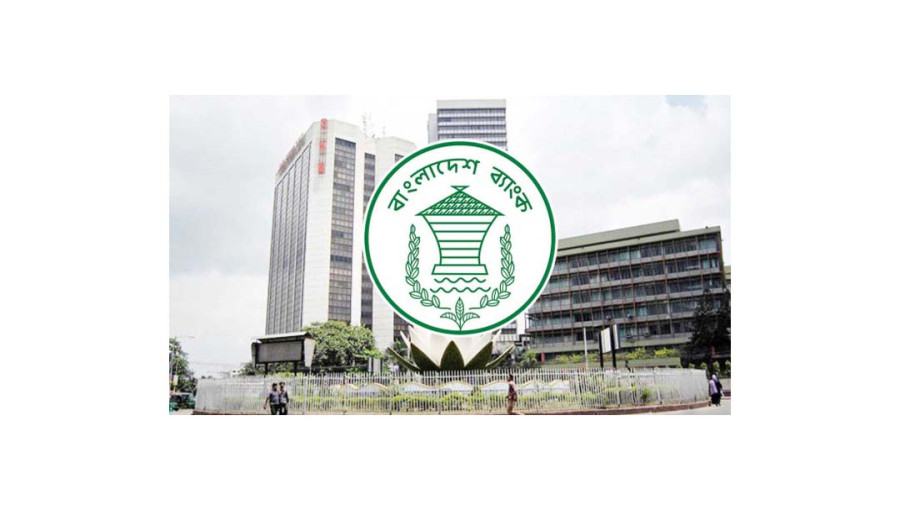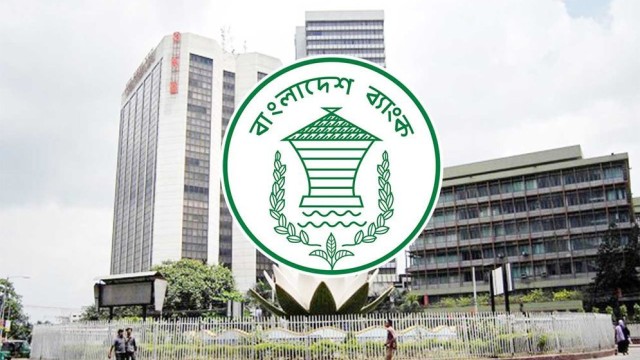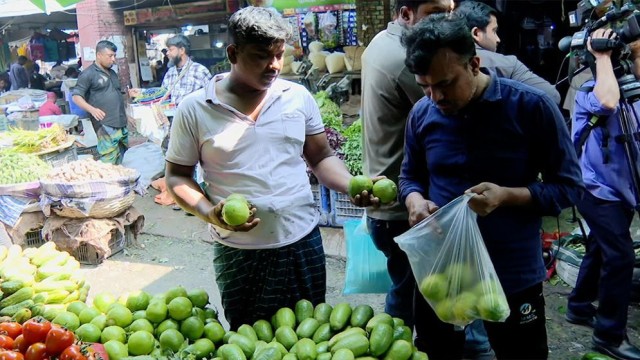Dhaka, Oct 22 (V7N) – Domestic products were the main contributors to inflation in Bangladesh, responsible for 74% of the overall inflation in September 2024, according to the Bangladesh Bank's quarterly report, Inflation Dynamics in Bangladesh. This marks an increase from June, where domestic factors contributed 61% to inflation, underscoring the growing influence of local factors.
In contrast, the contribution of import-dependent items to inflation decreased to 26% in September, compared to 39% in June.
The year-on-year consumer price index (CPI) inflation surged to 10.7% in the first quarter (July-September) of the current fiscal year. Notably, July saw a 12-year high inflation rate of 11.7%, with inflation staying elevated at 9.9% in September, up from 9.6% in the same month last year.
Inflation has been driven by rising commodity and energy prices, coupled with currency depreciation. Food inflation hit a 13-year high of 14.1% in July, before declining to 11.4% in August and 10.4% in September.
Non-food inflation also saw a modest rise, averaging 9.6% in Q1 FY25, compared to the previous quarter. More than half of the overall inflation was driven by food prices, while energy inflation's contribution declined. Cereals, vegetables, and protein-based items were key drivers of food inflation, while rising housing, health, and personal care costs contributed to non-food inflation pressures.
END/MSS/RH






























Comment: